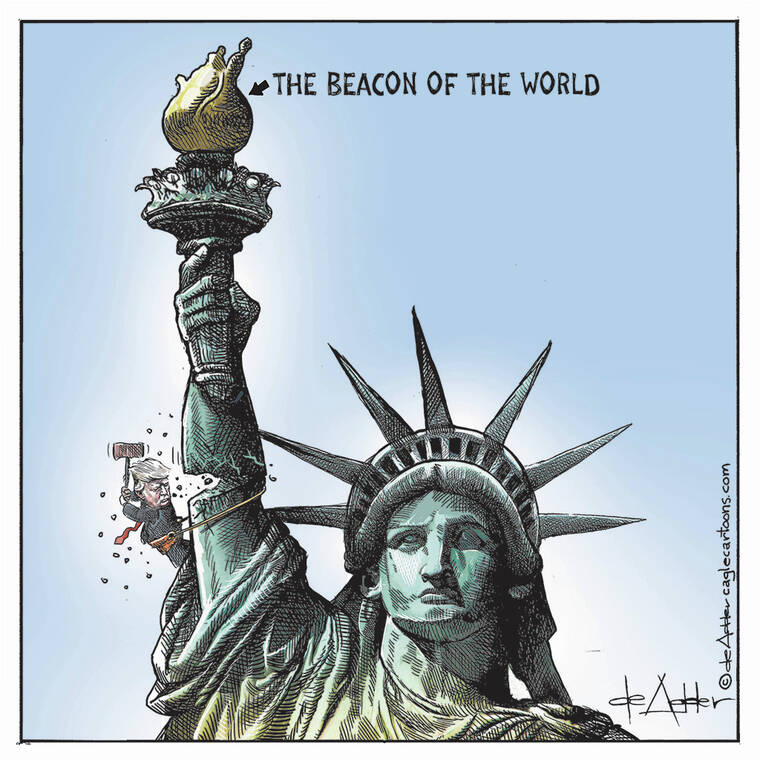A coalition of charitable foundations has announced the establishment of the Literary Arts Fund, which will allocate a minimum of $50 million to various literary organizations over the next five years. This initiative aims to support the arts and promote literature across diverse communities, fostering a culture of reading and writing.
The fund’s launch comes amidst turbulent times for the Swedish Academy, which has faced significant scrutiny following allegations of sexual misconduct involving a close associate. Protests erupted earlier this month outside the Old Stock Exchange building in Stockholm, where the Academy holds its meetings. Demonstrators displayed solidarity with Sara Danius, the resigned Permanent Secretary, by wearing her signature tied blouse. The Academy is currently deliberating whether to postpone this year’s Nobel Prize in Literature as it navigates the fallout from these controversies.
In the literary landscape, the 2018 Whiting Award winners were announced, highlighting emerging voices in fiction. While these names might not be widely recognized, previous recipients include acclaimed authors such as Jorie Graham and Jonathan Franzen. Since its inception in 1985, the Whiting Awards have celebrated new talent, and this year’s honorees are positioned to make their mark.
In a notable decision, an American author declined the Carnegie Medal for Nonfiction for his memoir about his mother. This gesture underscores the complexities surrounding literary recognition. Meanwhile, the literary community mourns the loss of Sue Grafton, the beloved mystery author, who passed away at age 77, leaving behind a legacy of 25 detective novels featuring her iconic character, Kinsey Millhone.
The National Book Foundation has also revealed its longlist for the upcoming literary prizes, featuring notable works from authors like Jesmyn Ward, Roxane Gay, and Lisa Ko. This year marks the inaugural award for fiction, with 20 books vying for the honor.
In a separate but equally impactful narrative, the late Derek Walcott, who won the Nobel Prize in Literature in 1992, is remembered for his profound contributions to poetry. His works often reflected the complexities of Caribbean identity and colonial history.
The cultural landscape continues to evolve, with the recent appointment of Tracy K. Smith as the new U.S. Poet Laureate. Smith plans to broaden the reach of poetry, aiming to connect with audiences who may not typically engage with the genre.
As the literary world grapples with both accolades and controversies, the initiatives like the Literary Arts Fund reflect a commitment to nurturing and sustaining the arts. This funding will undoubtedly assist in elevating diverse voices and addressing pressing social issues through literature, reinforcing the power of storytelling in society.
With such momentum, the literary community looks forward to a transformative era, where new narratives emerge and established voices continue to inspire.







